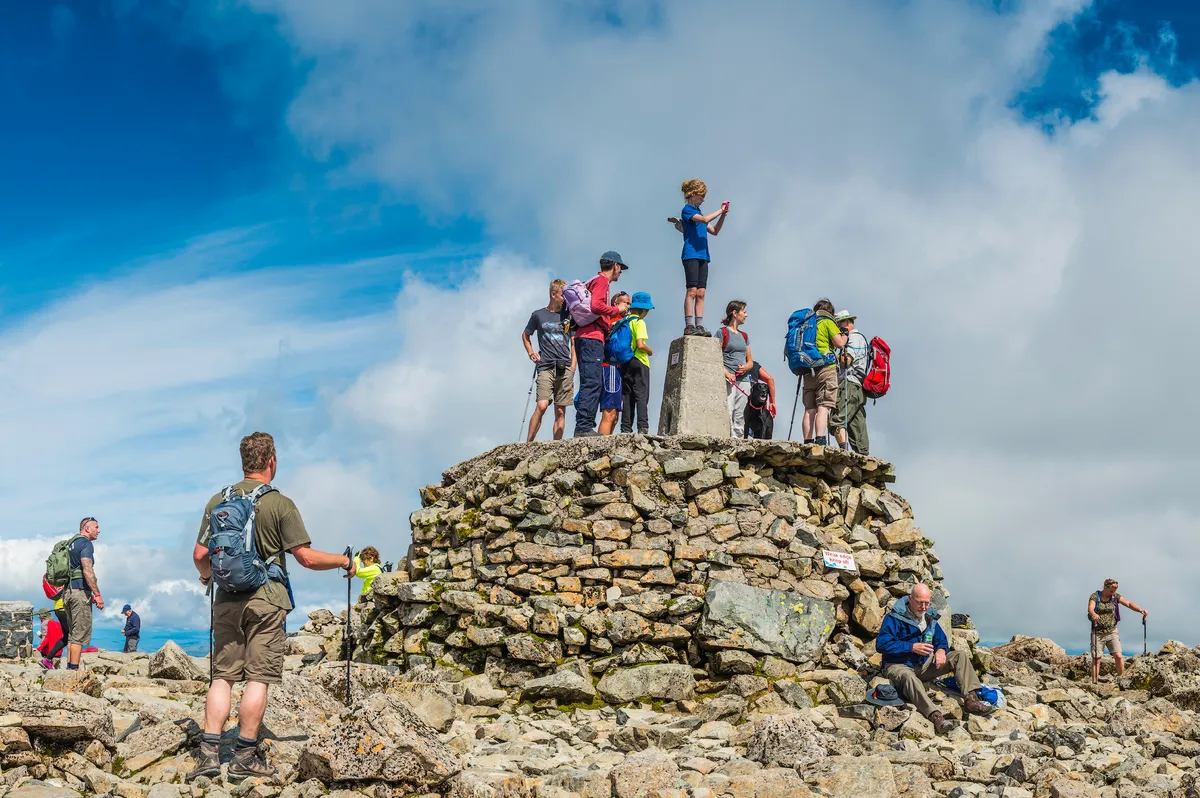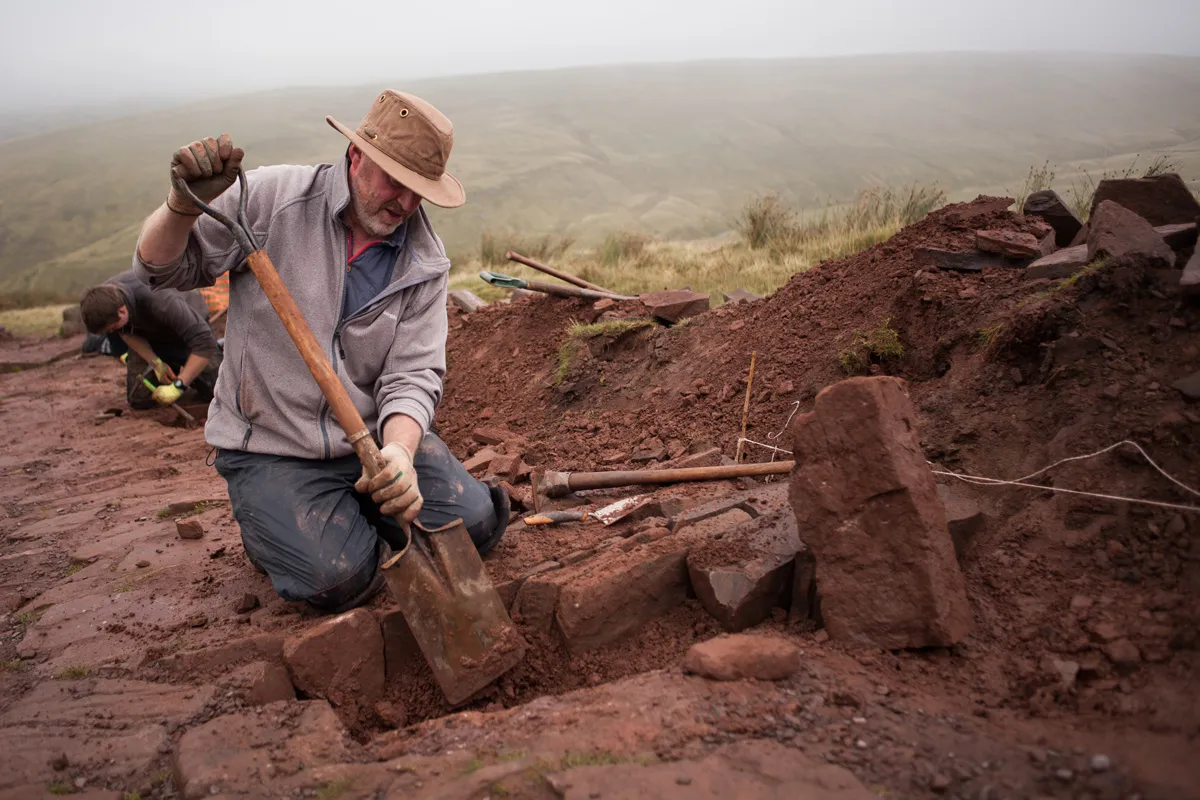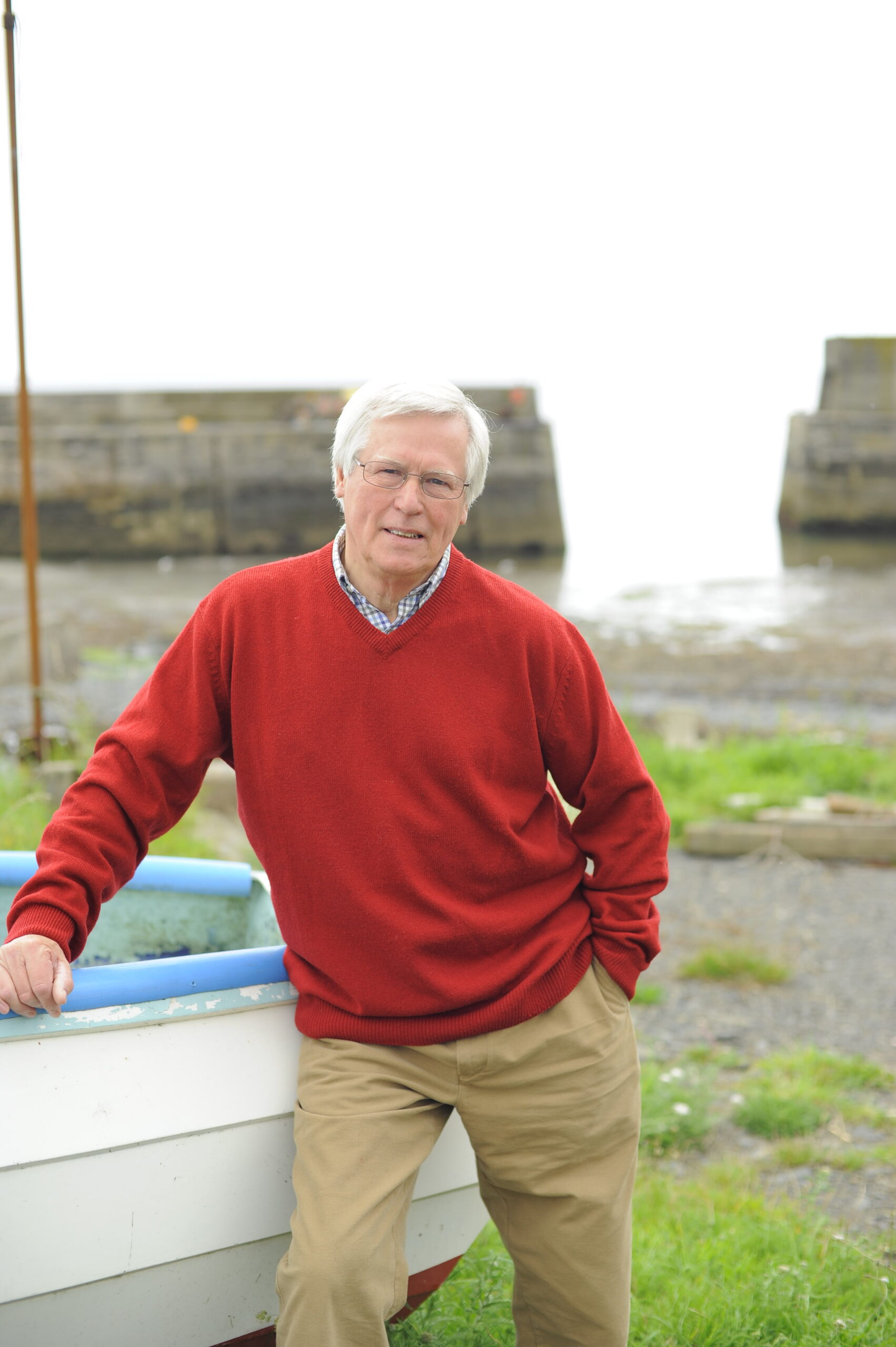The chilly, misty moods of autumn will bring some tranquillity to Britain’s best-loved uplands after a hectic summer of record footfalls, with reports of “supermarket-style” queues to reach the summits of our two highest mountains, Ben Nevis and Snowdon. Now comes the time to count the cost.
The clampdown on foreign holidays and the urge for some form of outdoor adventure during another year of Covid-19 drew millions of extra visitors to the countryside. Great news for the rural leisure industry, but the downside screamed out in all the hotspots: mounds of left-behind rubbish, traffic jams on narrow roads, wildfires started accidentally by barbecues, together with other careless behaviour that threatened wildlife and farming.

The Countryside Code was widely ignored – I doubt if many even knew it existed. Everyone is entitled to enjoy the freedom of our valleys, hills and mountains but the lack of respect for them is what irked those who live and work there.
While they stood in lines 60-metres long and waited for 45 minutes to take selfies on top of Snowdon and Ben Nevis, how many of these newcomers to the life-enhancing experience of walking up mountains realised the impact they were having on the dramatic scenery?
With around 700,000 people going up Snowdon every year, pressures on and around
the mountain have become significant, says John Harold, director of the Snowdonia Society. “Litter, footpath erosion, wild camping, traffic, parking – in a sense, none of these are new but they have all acquired a really sharp edge.”
England’s highest mountain, Scafell Pike in the Lake District, didn’t experience big queues this summer because there are many different routes to its summit, but at least 250,000 hikers a year head there. The big concern there, as on all our mountains and hills, is footpath erosion caused by footsteps and climate change. Scafell Pike has a dedicated team working to tackle the crisis.
The costs of footpath erosion
Fix the Fells is a charity set up exactly 20 years ago to protect the Lake District landscape; with each metre of footpath costing £150 to create, it needs to raise £500,000 a year just to keep going. A European grant covering around half the costs is coming to an end, raising fresh concerns about funding. What about grant aid from central government? “That would be really helpful,” says Joanne Backshall, its programme manager, who leads a team of 26 staff and 110 volunteers. “Because being out on the fells has such enormous health and wellbeing benefits that it would save money for the NHS, which could then be put into maintaining the countryside.

“During the pandemic, the erosion has got worse, not just because of the large number of people but because they have been spreading out to keep away from each other, which is totally understandable,” Joanne explains. “Also, they have been using mobile phones rather than maps, which often takes them on different routes away from paths and that causes a real problem of new erosion.
“It’s hard to know what can be done. Fix the Fells is not about telling people what they should be doing; we are not about accessibility or safety. We are purely about repairing the damage, and walkers can help us by sticking to the paths.”
I think the message is clear: if our countryside is to get any benefit at all from the enjoyment it has given vast numbers of extra visitors, they in turn must cherish it, not abuse it. Otherwise there may not be as much to enjoy in years to come.

